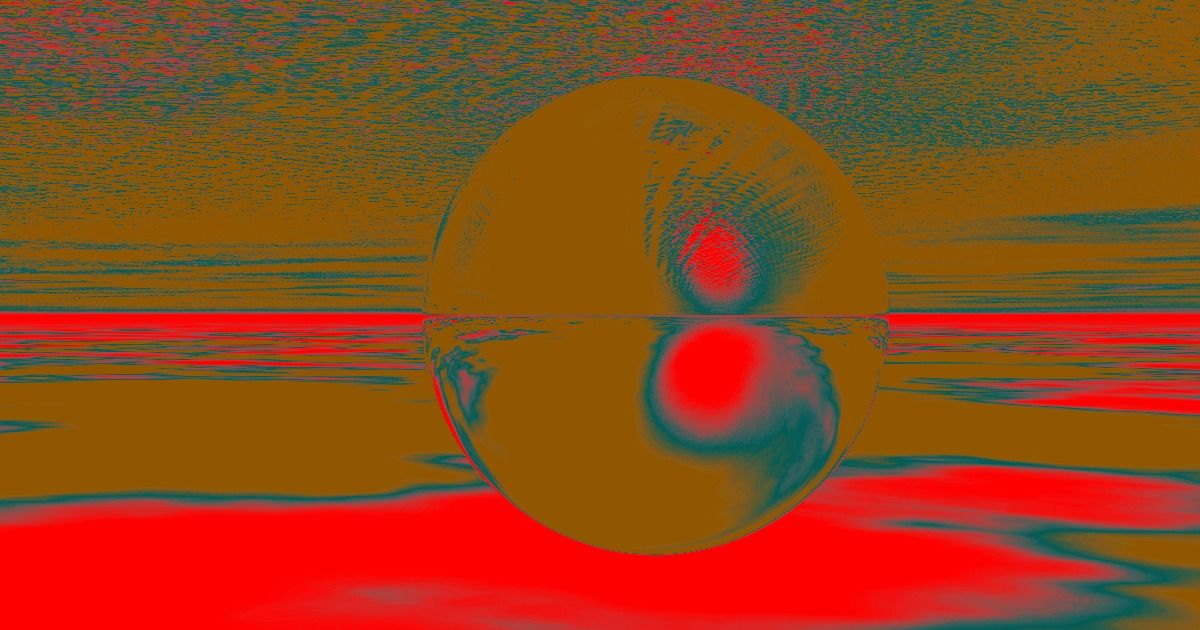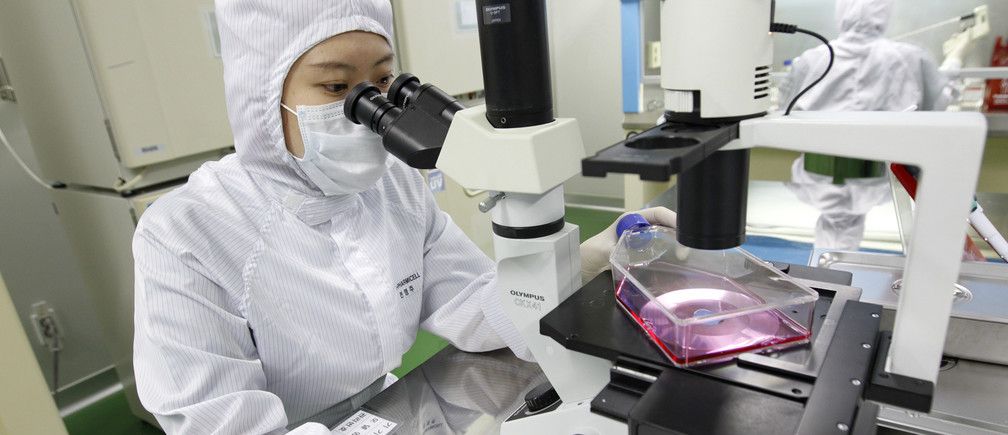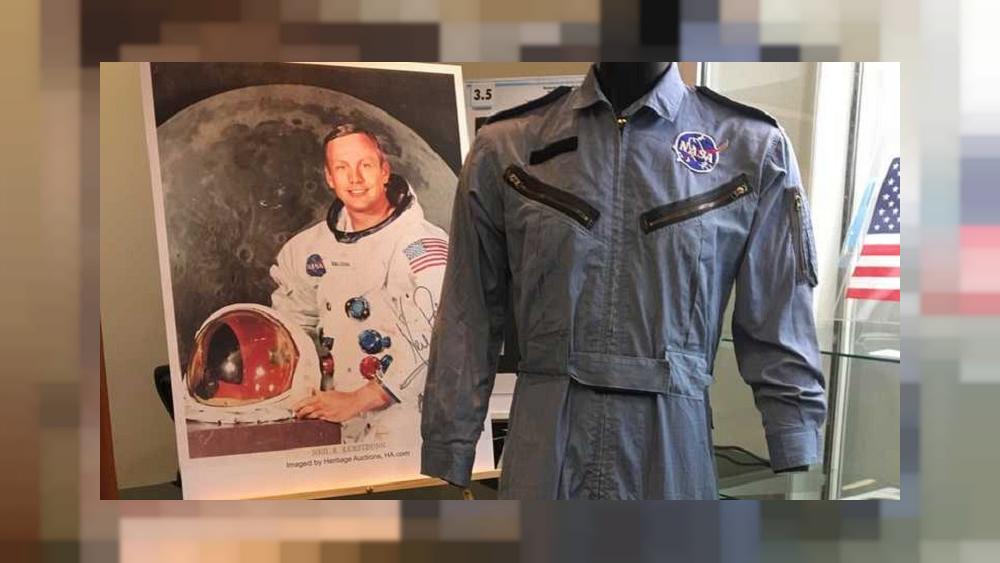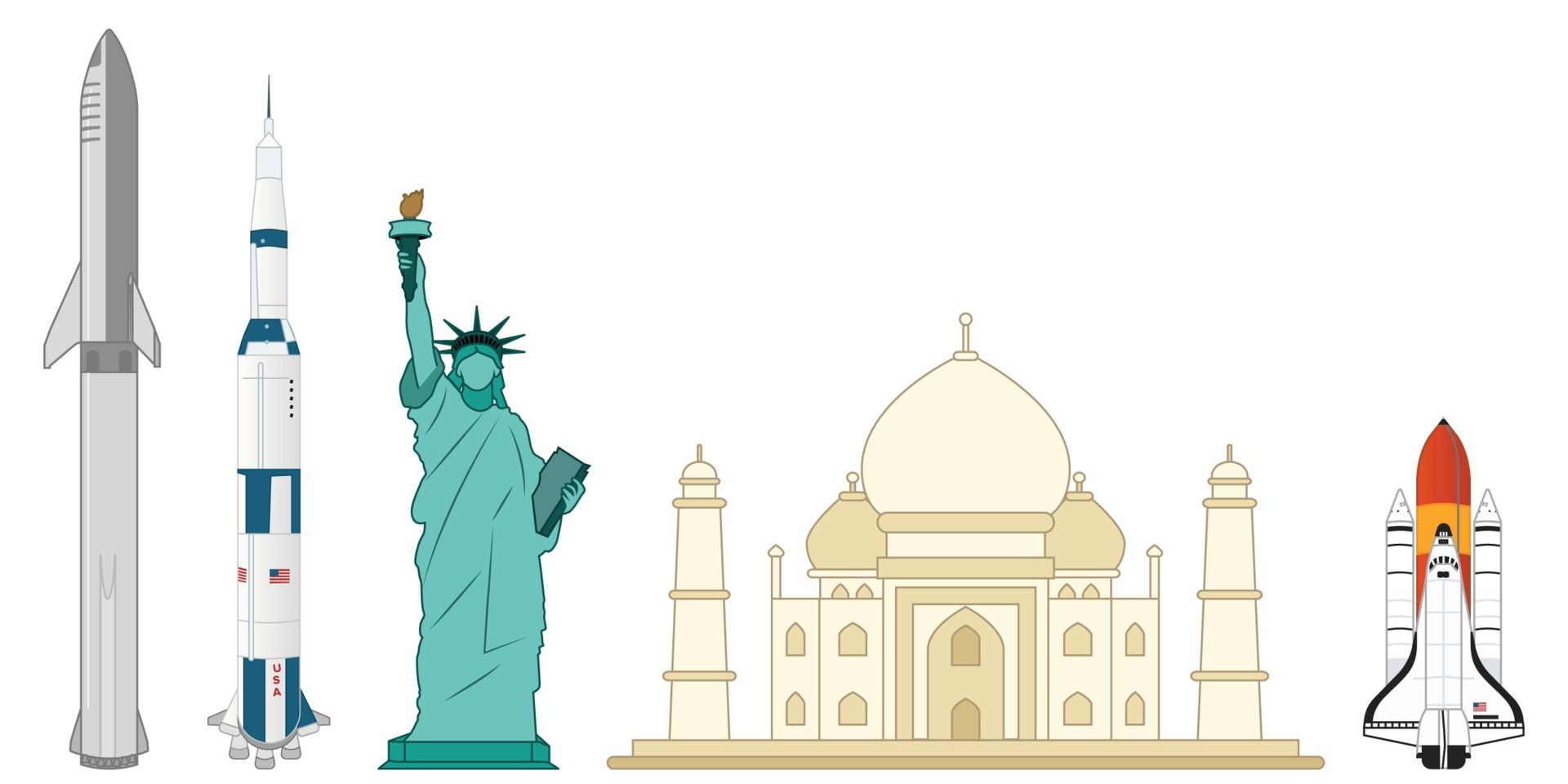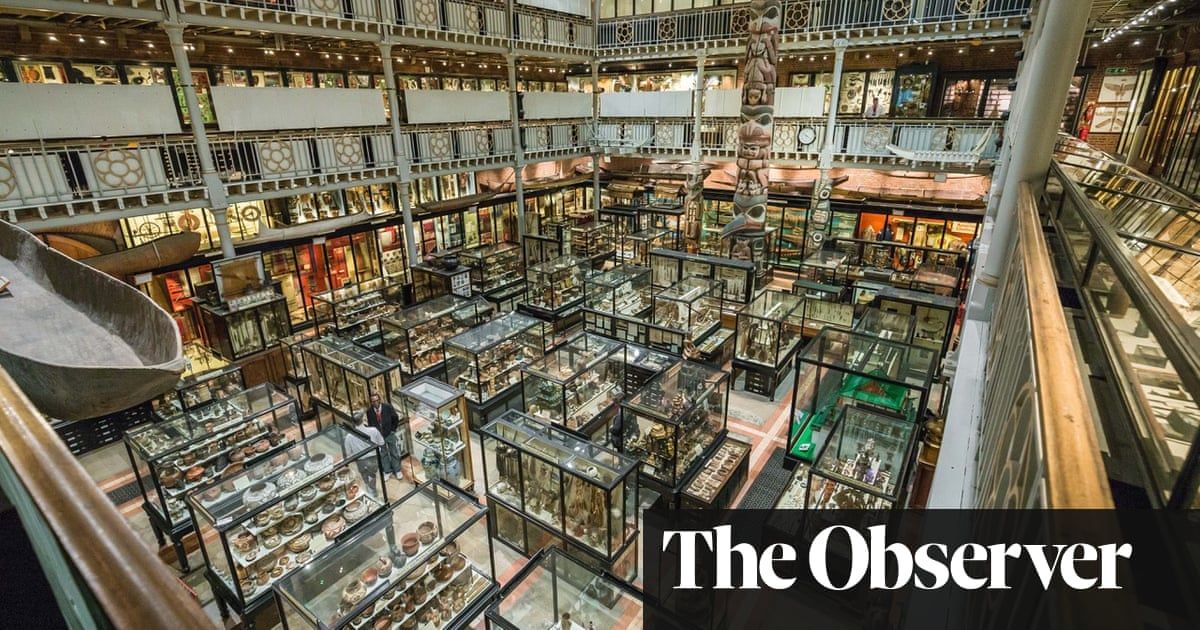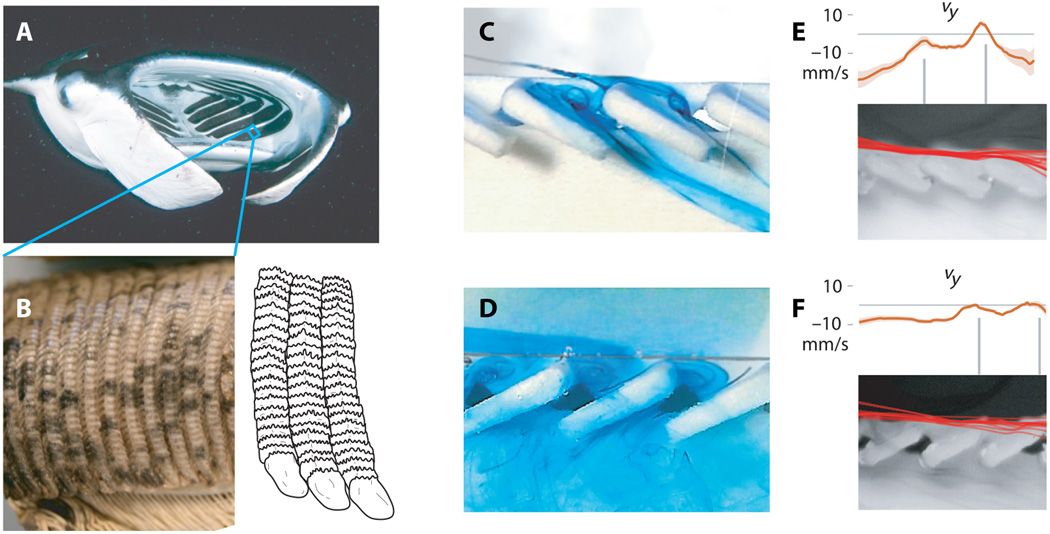Page 9404
Nov 4, 2018
Almost Half of U.S. Births Happen Outside Marriage, Signaling Cultural Shift
Posted by Derick Lee in categories: economics, health, policy
The data show such births in the U.S. and EU are predominantly to unmarried couples living together rather than to single mothers, the report says. The data suggest that societal and religious norms about marriage, childbearing and women in the workforce have changed, said Kelly Jones, the director for the Center on the Economics of Reproductive Health at the Institute for Women’s Policy Research.
Births outside marriage have skyrocketed in developed nations, according to a report from the United Nations.
Nov 4, 2018
7 Ways The ‘Biological Century’ Will Transform Healthcare
Posted by Manuel Canovas Lechuga in category: biological
From conquering death to automatic insulin deliveries, we will be able to finetune our biology to a once-unthinkable degree.
Nov 3, 2018
In a Land of Quakes, Engineering a Future for a Church Made of Mud
Posted by Genevieve Klien in categories: engineering, futurism
High in the Andes Mountains, conservators are testing traditional methods for strengthening adobe buildings.
The bell tower of the church of Santiago Apóstol in Kuño Tambo, Peru. Built by the Spanish in 1681, it has been weakened by earthquakes, but traditional techniques are helping with its restoration. Credit Credit Angela Ponce for The New York Times.
Nov 3, 2018
Neil Armstrong astronaut memorabilia auction lifts off
Posted by Genevieve Klien in category: space travel
Space enthusiasts stirred by NASA astronaut Neil Armstrong’s venture to the moon spent more than $4 million (€3.5 million) in just the first day of a rare auction of Armstrong’s personal collection of memorabilia.
On July 20, 1969, Armstrong, who led the Apollo 11 mission, became the first human to walk on the moon.
The auction is the first major sale of his personal collection that comes amid a growing demand for space collectibles as the 50th anniversary of the July 20, 1969 moon landing approaches.
Continue reading “Neil Armstrong astronaut memorabilia auction lifts off” »
Nov 3, 2018
Elon Musk and SpaceX are building a monster rocket for Mars. Here’s how big it is compared to 20 familiar objects
Posted by Genevieve Klien in categories: Elon Musk, space travel
Elon Musk and SpaceX’s Big Falcon Rocket is a 387-foot-tall Mars launch system. This size-comparison tool shows how big a real-life BFR might be.
Nov 3, 2018
Pitt Rivers museum hires Syrian refugees as tour guides
Posted by Genevieve Klien in category: futurism
Oxford University forges intercultural understanding with objects from ethnographic and science collections.
Nov 3, 2018
Pushing the Boundaries in Quantum Electronics
Posted by Genevieve Klien in categories: computing, quantum physics
So-called “topological insulators” could revolutionize computing.
- By Charles L. Kane and Eugene J. Mele on November 3, 2018
Nov 3, 2018
Manta rays feed using ricochet separation, a novel nonclogging filtration mechanism
Posted by Genevieve Klien in categories: biological, engineering, particle physics
Solid-liquid filtration is a ubiquitous process found in industrial and biological systems. Although implementations vary widely, almost all filtration systems are based on a small set of fundamental separation mechanisms, including sieve, cross-flow, hydrosol, and cyclonic separation. Anatomical studies showed that manta rays have a highly specialized filter-feeding apparatus that does not resemble previously described filtration systems. We examined the fluid flow around the manta filter-feeding apparatus using a combination of physical modeling and computational fluid dynamics. Our results indicate that manta rays use a unique solid-fluid separation mechanism in which direct interception of particles with wing-like structures causes particles to “ricochet” away from the filter pores. This filtration mechanism separates particles smaller than the pore size, allows high flow rates, and resists clogging.
Several fundamental mechanisms for solid-fluid separation have been described in the biological and engineering literature, including sieve (1, 2), cross-flow (3–6), hydrosol , and cyclonic separation. Sieve filtration passes a mixture of particles and fluid through a structure with regularly sized pores, causing the particles to be retained while the fluid is drained. Although effective, sieve filters must have pore sizes smaller than the particle size, and they inevitably clog in use (2, 8, 9). Cross-flow filtration is similar to sieving, except that the incoming flow runs parallel rather than perpendicular to the filter. This configuration shears captured particles off the filter’s surface, which reduces but does not eliminate clogging (5, 6). Unlike sieve and cross-flow filters, hydrosol and cyclonic filtration do not require regularly sized pores.
